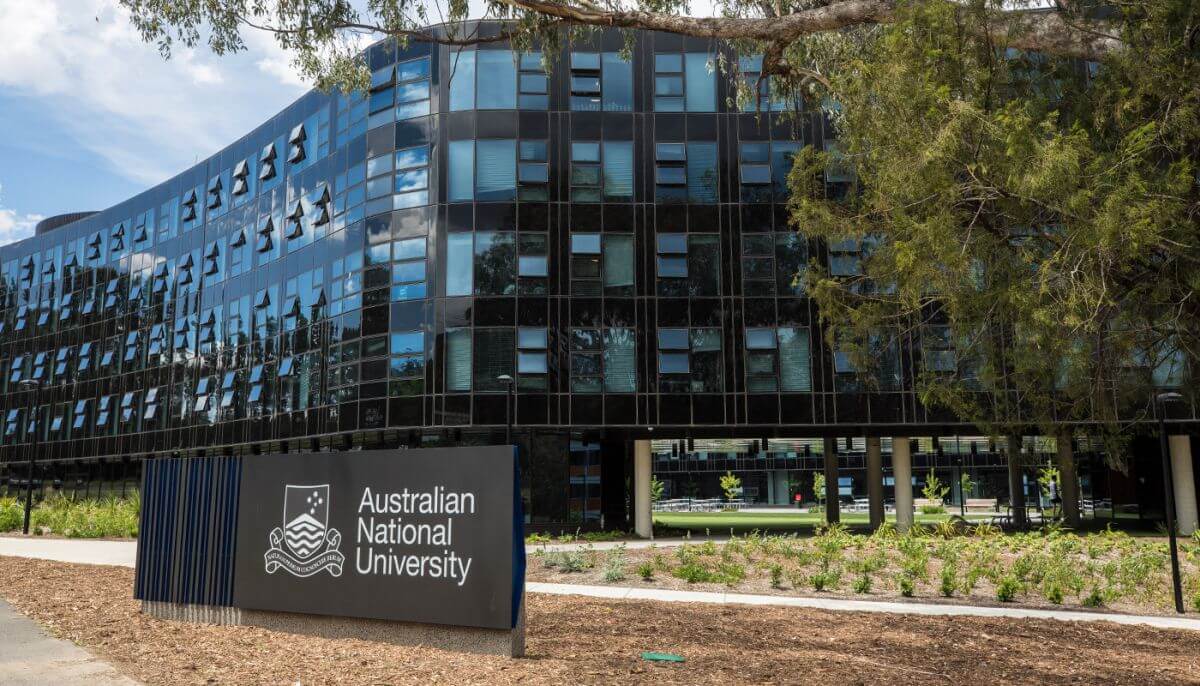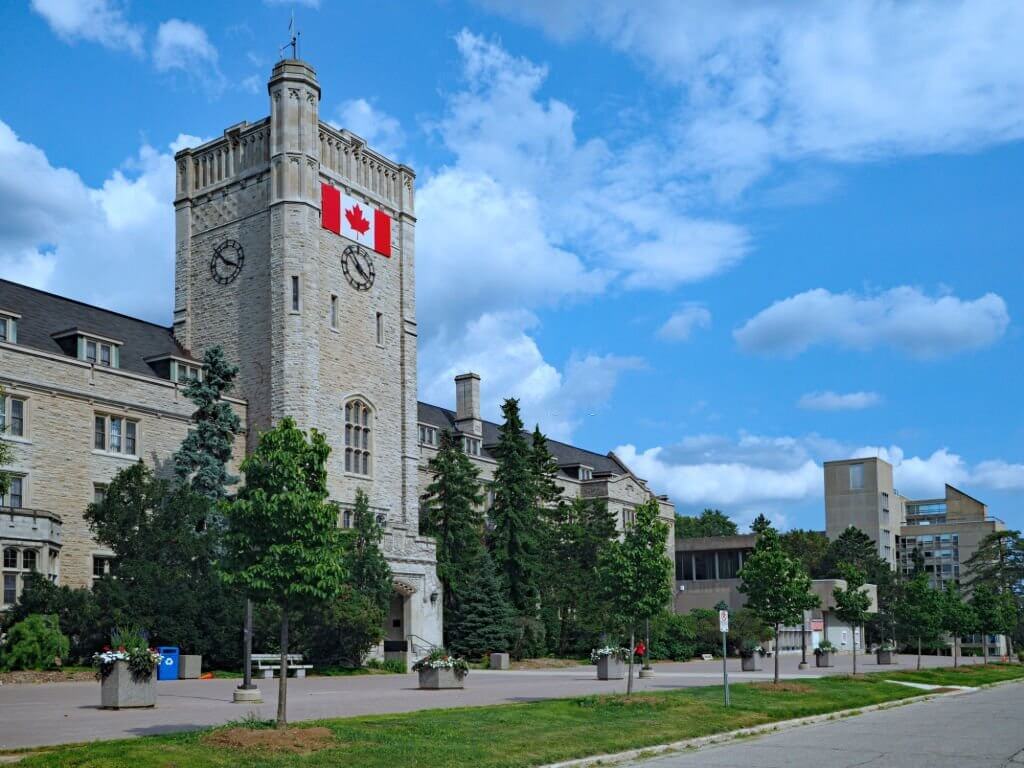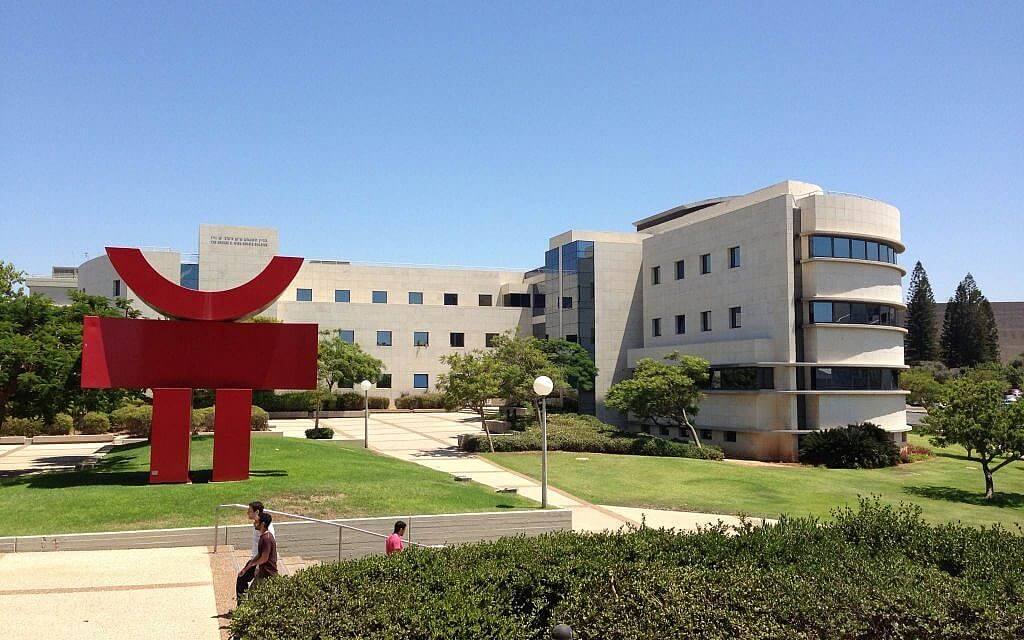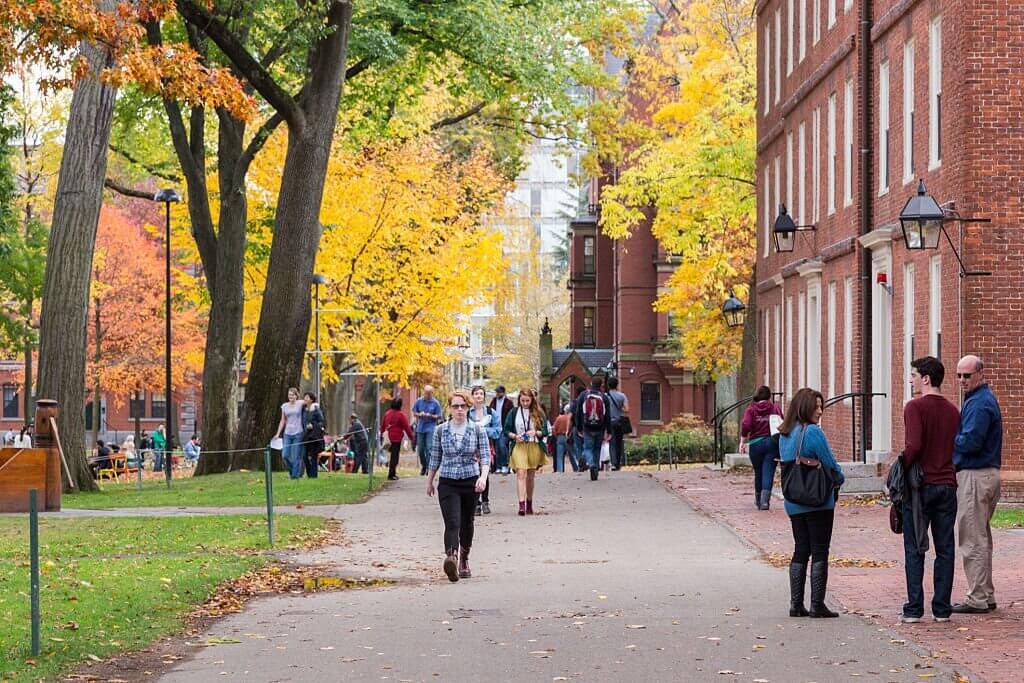The National University of Singapore (NUS) is a world-renowned institution that offers research scholarships to international students who are interested in pursuing postgraduate studies.
These scholarships are highly competitive and offer opportunities for students to conduct research in various fields of study, such as science, engineering, and social sciences.
The NUS Research Scholarship is awarded to outstanding international students with excellent academic records and research potential.
The scholarship provides full tuition fees, monthly stipends, and allowances for books and travel. Additionally, recipients of the scholarship are given the opportunity to participate in various enrichment programs, such as conferences, workshops, and seminars.
Eligibility Criteria For the National University of Singapore Research Scholarships
To be eligible for the NUS Research Scholarship, international students must meet the following requirements:
- Have a good honours degree or equivalent in a relevant field of study
- Meet the English Language requirements set by NUS
- Have a strong academic track record
- Possess relevant research experience or have the potential to conduct research in the field of study
Application Process
To apply for the NUS Research Scholarship, students must follow the following steps:
Step 1: Research on the program of interest and the eligibility requirements.
Step 2: Identify a potential supervisor and contact them to discuss research interests and project ideas.
Step 3: Submit an application for admission to the relevant graduate program at NUS, together with the required supporting documents, such as academic transcripts, English Language proficiency test scores, and research proposals.
Step 4: Complete the online scholarship application form, which is available on the NUS website.
Step 5: Submit the scholarship application together with the supporting documents, such as recommendation letters and research publications.
Selection Process For the National University of Singapore Research Scholarships
The selection process for the NUS Research Scholarship is highly competitive and rigorous. The selection panel comprises of distinguished professors and experts in the relevant fields of study.
Shortlisted candidates may be required to attend an interview or submit additional documents to support their application.
The selection criteria for the scholarship include:
- Academic Excellence and research potential
- Relevance of research proposal to the field of study
- Compatibility of research interests with the potential supervisor
- Contribution to the academic and research community
Benefits of National University of Singapore Research Scholarships
The NUS Research Scholarship provides numerous benefits to international students, including:
- Full tuition fees
- Monthly stipend
- Book allowance
- Thesis allowance
- Conference allowance
- Travel allowance
- Health insurance
In addition to these benefits, recipients of the scholarship are given the opportunity to participate in various enrichment programs, such as seminars, workshops, and conferences.
These programs provide valuable opportunities for students to enhance their research skills, network with other scholars, and broaden their perspectives.
Conclusion
The NUS Research Scholarship is a highly competitive scholarship program that provides international students with the opportunity to pursue postgraduate studies at one of the world’s leading universities.
The scholarship offers numerous benefits, including full tuition fees, monthly stipends, and allowances for books, thesis, and travel.
Additionally, recipients of the scholarship are given the opportunity to participate in various enrichment programs, such as seminars, workshops, and conferences.
The scholarship program is highly selective, and applicants must meet stringent eligibility criteria and undergo a rigorous selection process.
However, for those who are successful, the scholarship provides an excellent opportunity to pursue research in a wide range of fields and to develop their skills as researchers.
Related Posts:





